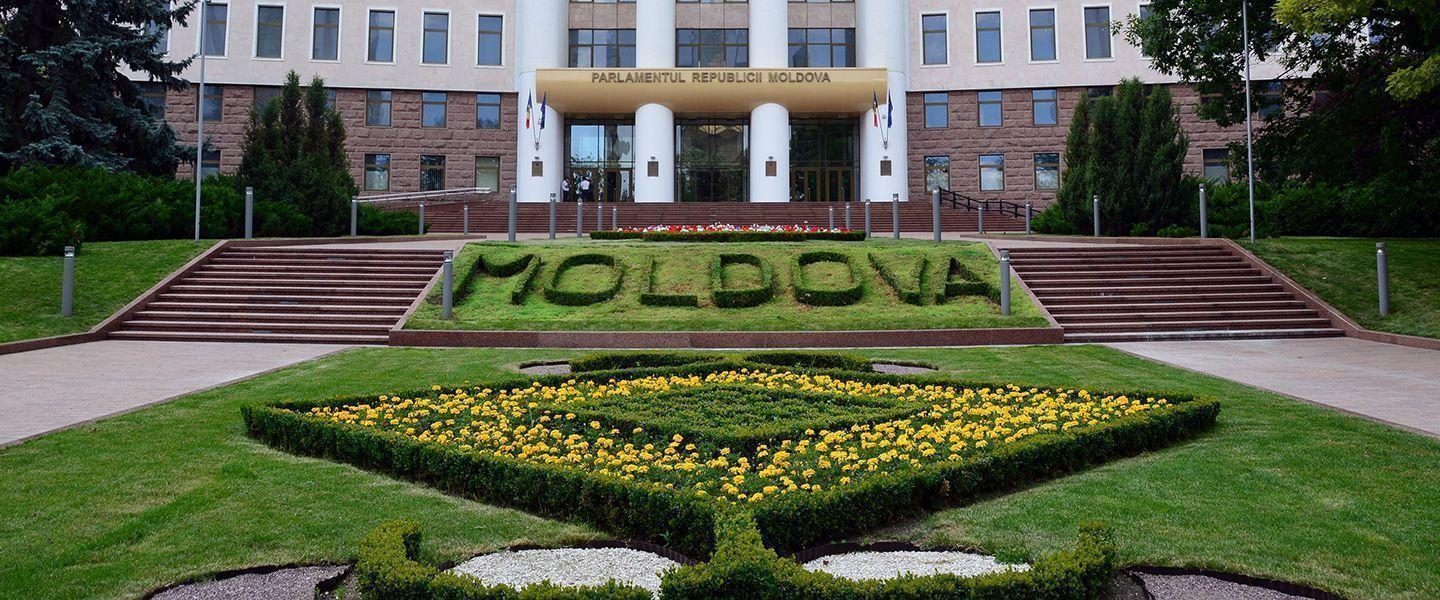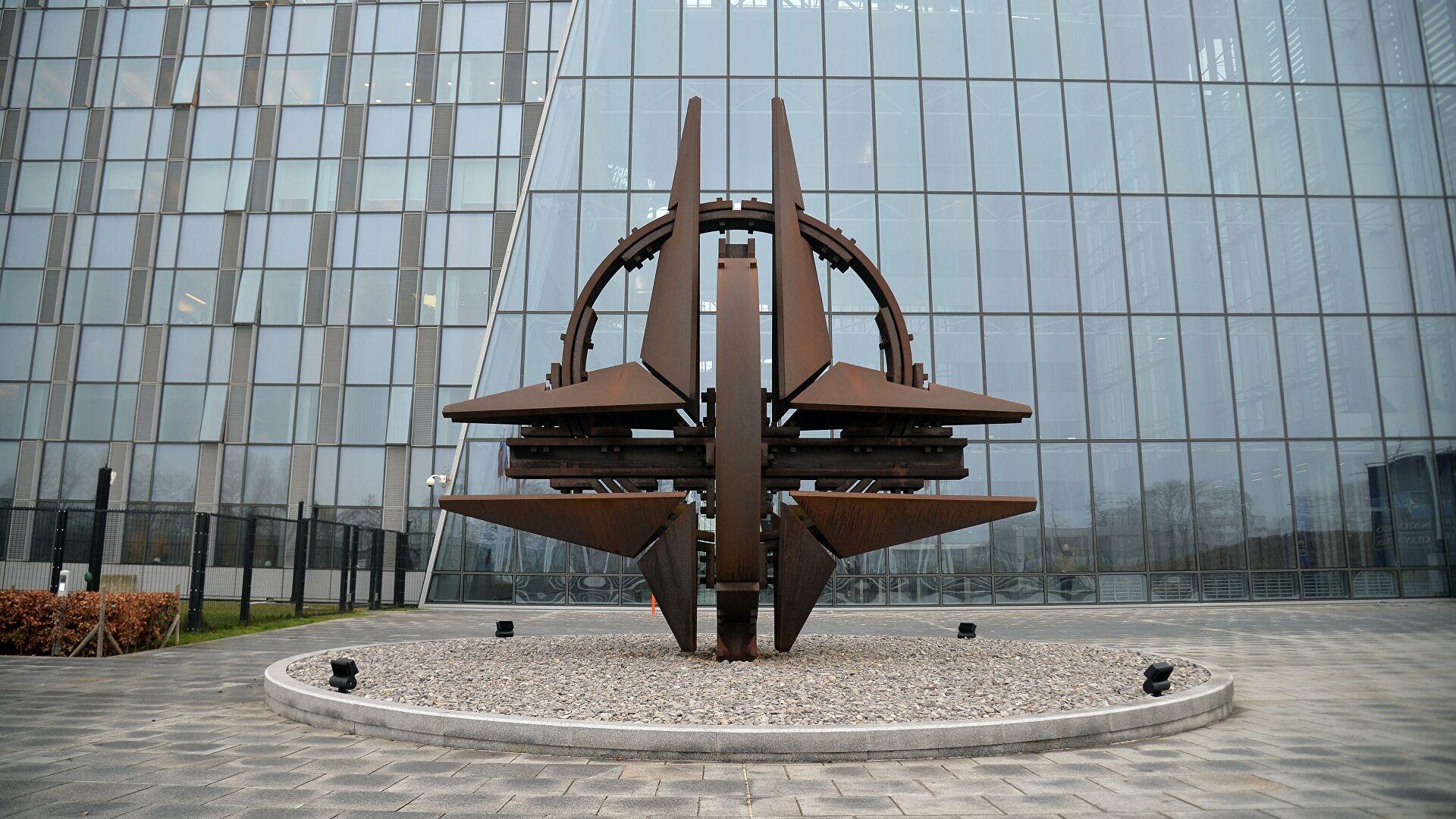"Part of Moldovan society dreams of being in the EU, the other part - within RF" Victor Josu for Caliber.Az
Moldovan state and political figure, ex-member of the Moldovan Parliament, editor-in-chief of the portal of orthodox journalists and bloggers in Moldova Victor Josu presented to Caliber.Az a detailed picture of the geopolitical situation in Eastern and Western Europe and pointed out the factors contributing to the escalation of tension in the region.
- Victor Ivanovich, how do you assess the current stage of the war in Ukraine? How much longer can an active phase of the conflict last?
- As a non-military man, I can only judge by the information from the Internet, which I more or less trust. Heavy fighting is taking place on the territory of Donbass, and both sides are suffering losses, but at the same time, the military losses of the Ukrainian side are an order of magnitude greater than those of the Russian side. Russia's superiority in the air, the rocket and artillery, is obvious. The Russian military has better combat training, equipment with modern weapons, and morale, although the Ukrainians have the will to resist. Slowly, Russian troops, together with fighters of the "LDPR" (quotation marks - Ed.) are moving westward, liberating (or occupying, as one likes) one by one the settlements of this eastern region of Ukraine. Which, as is also obvious to me, will no longer be part of Ukraine. Just as the Crimea, Kherson, and part of Zaporizhzhia regions will not be Ukrainian - and that is as of today. And it is premature to say what will happen next, and what other territorial losses will Ukraine face tomorrow. Although what do territorial losses mean compared to the loss of human lives?!
We can talk and argue about the causes of this war for a long time, but for myself many years ago I identified the main cause of all the territorial conflicts in the former Soviet Union. It is nationalism. And although nationalists themselves everywhere are blaming the Russian Federation for these conflicts, we can see, that in those newly independent states, where their government was able to disrupt, and negate the waves of nationalism that broke out at the turn of the 80-90s of the previous century, the territorial losses were insignificant or none at all. The problems occurred in countries where nationalism took over. We are talking about Georgia, Ukraine, and Moldova.

In the Republic of Moldova, the conflicts were either resolved (the creation of the Gagauz autonomy in 1994) or frozen (Transnistria). Georgia lost Abkhazia and South Ossetia as a result of the 2008 war. And in Ukraine, nationalism provoked the current war. It began in the spring of 2014 in Donbass as a local and civil war, and in February 2022 escalated into a full-scale and interstate war.
How long can the war last? It will depend on many factors. But I would emphasize the ability and readiness of Ukrainians to resist a further offensive by Russian troops. And I would put the factor of readiness in the first place because the collective West will continue to supply arms to Ukraine. Its role in this war is also clear: for the West, it is important that it lasts, as they say, until the last Ukrainian - in the hope that the war will weaken Russia, its main goal is exactly that.
It is no coincidence that at the NATO summit in Madrid, it was already said on the first day that Ukraine must solve the conflict with Russia only on the battlefield. Belgian Prime Minister Alexander De Croo said this, here are his words: "We have already had an opportunity to talk to President Zelenskyy. It is very important to keep talking to him, stressing that the war can only be won on the battlefield." And he added that NATO would continue to support the Ukrainian leader and the country's population for their victory by military means.
But in the military, as in any other case, in the end, it is the people who decide everything. So time will tell.
- Is it possible to say that the probability of the spread of military actions in Ukraine to the territory of Moldova has considerably decreased?
- Personally, from the very beginning I considered this probability to be extremely low. There is no military infrastructure on the territory of Moldova today that could threaten the security of the Russian Federation. We have neither military training centers for military operations with Russia nor warehouses for weapons imported from the West to be used on the battlefield. They do not exist today, and I very much hope that they will not appear tomorrow. Reasoning hypothetically, the only threat to itself that Moscow could regard as such could be a threat to the life and health of Russian servicemen from the peacekeeping forces on the Dniester from the so-called Restricted Group of Russian Forces located in Transnistria. But such a threat, again hypothetically, can only arise as a result of some kind of provocation against these servicemen. Which - and I am sure of this - is not desired in the slightest by anyone in Moldova, including the current pro-Western government.
- How do you assess the current situation in Transnistria?
- In general, as tense, which is understandable in light of the ongoing war in Ukraine bordering it, but stable and calm. The unrecognized regime in Tiraspol, just like the recognized authorities in Chisinau, wants to preserve peace.
The occasional provocations on the Transnistrian territory with the use of a grenade launcher or a light explosive device, arranged from time to time by an unknown person, are more like an imitation. All of them, fortunately, do not result in human casualties, and it is also unclear who organizes them and why. It does not really matter, because they have no effect on changing the situation on the left bank of the Dniester River.
- What prospects are opening up for Moldova after the NATO summit in Madrid?
- From the summit declaration, it follows that the leaders of NATO have agreed to strengthen the targeted political and practical support for the Republic of Moldova, Georgia, Bosnia and Herzegovina, and some other countries among the so-called partners. Actually, the summit only documented what has already been voiced by various transatlantic and West European officials, who visited Chisinau in recent months. The talk was about increasing the defence capacity of our country, without specifying what exactly is meant, so it is not clear.
The leadership of the Moldovan Ministry of Defence speaks about some forthcoming "modernization of the National Army", but does not disclose any details. Probably, it does not know them yet either.
But when we speak about Moldova in the context of NATO, we must have in mind not so much our small country, as the neighboring Romania, which is a member of the North Atlantic Alliance since 2004. On its territory, there are US missile defence facilities, which Russia considers offensive, i.e. threatening. Since the Madrid summit decided to build up the military potential on NATO's eastern borders, the Russian Federation will give tit for tat.
In other words, there is an escalation of confrontation on both sides, they are building up their missiles against each other, and what kind of prospects can this open for Moldova? In the case of an undesirable outcome of events, the saddest one is to be caught between a rock and a hard place.

- According to your estimates, how acceptable are the conditions for obtaining the status of an EU candidate set for Moldova, and what are the prospects for the country's accession to this organization?
- There were no real prospects for Moldova's accession to the EU before it received the candidate status, and there are no prospects after it has been granted. When it comes to EU membership, everybody - from the Brussels euro bureaucrats to our pro-European authorities - speaks about a range of conditions. They are fixed in the relevant documents signed by the parties, and the Moldovans must fulfill these conditions before they are accepted into this prestigious club. Prestigious from the point of view of supporters of the European integration, and today it is only a little more than half of the highly divided Moldovan society because the other part of it does not aspire to the EU and wishes to be within the Russian Federation.
We are talking about reforms in various fields, first of all in justice, the fight against corruption, etc. And if all this is not seen as mere empty declarations of intentions, we must admit that these conditions are impossible for the Moldovan political class. There is simply no one to carry out these reforms today so that they lead to positive changes. This is an unpleasant observation, but it is our reality.
Frankly speaking, and it's not a secret if it were not for the war in Ukraine and the decision taken in the West to give this country EU candidate status without first examining its compliance with the same Copenhagen criteria - what exactly has been done, what remains to be done - the question would not even arise about giving a similar status to Moldova. At least, it would not have arisen in 2022; nothing of the kind was on the agenda of Brussels until February 24. We can consider the story with the candidacy as a kind of bonus, and given in advance.
And we were given it for the company's sake; there is no real merit of the Moldovan authorities in it; the decision is exclusive of geopolitical nature. Based on the same geopolitical interest, Georgia was denied the EU candidate status, although it is far ahead of Moldova in terms of reforms implemented in this country.
But on the other hand, it opens new opportunities for the Moldovan authorities. In particular, access to new European funds - for a candidate country they are much more weighty than for a country with the status of an eastern neighbor. But again there will be a question about the effectiveness of the use of these funds, and many of our experts have great doubts about this issue when it comes to possible results.
- Is there a real threat of nuclear war and the involvement of NATO countries in the war in Ukraine?
- As for the threat of nuclear war, I will answer as follows: today it is higher than during the Cold War. Back then, at least there was communication between the authorities of the USSR and the United States, whereas today there is no such communication between the Kremlin and the White House.
As for the involvement of NATO countries in the war in Ukraine, it is already being implemented today. It is not only about the financing of this war by the North Atlantic Alliance, not only about NATO countries supplying various types of weapons for use by the Ukrainian army in combat operations but also about the participation in combat of servicemen from a number of member states of the alliance, even if not as part of regular military units of these countries. Moreover, some NATO members - the US, and the UK participate in intelligence and counterintelligence operations conducted by Ukrainian special services and often coordinate these operations.
Is an escalation of NATO involvement possible? I believe so. If Russian troops advance into central Ukraine, if they occupy the Black Sea coast - the Mykolayiv and Odesa regions - NATO will also increase its support to the Kyiv authorities.
Of course, any war ends sooner or later. But I personally don't see any real preconditions for this war to end soon. Unfortunately, so far there is no reason for optimistic conclusions.








